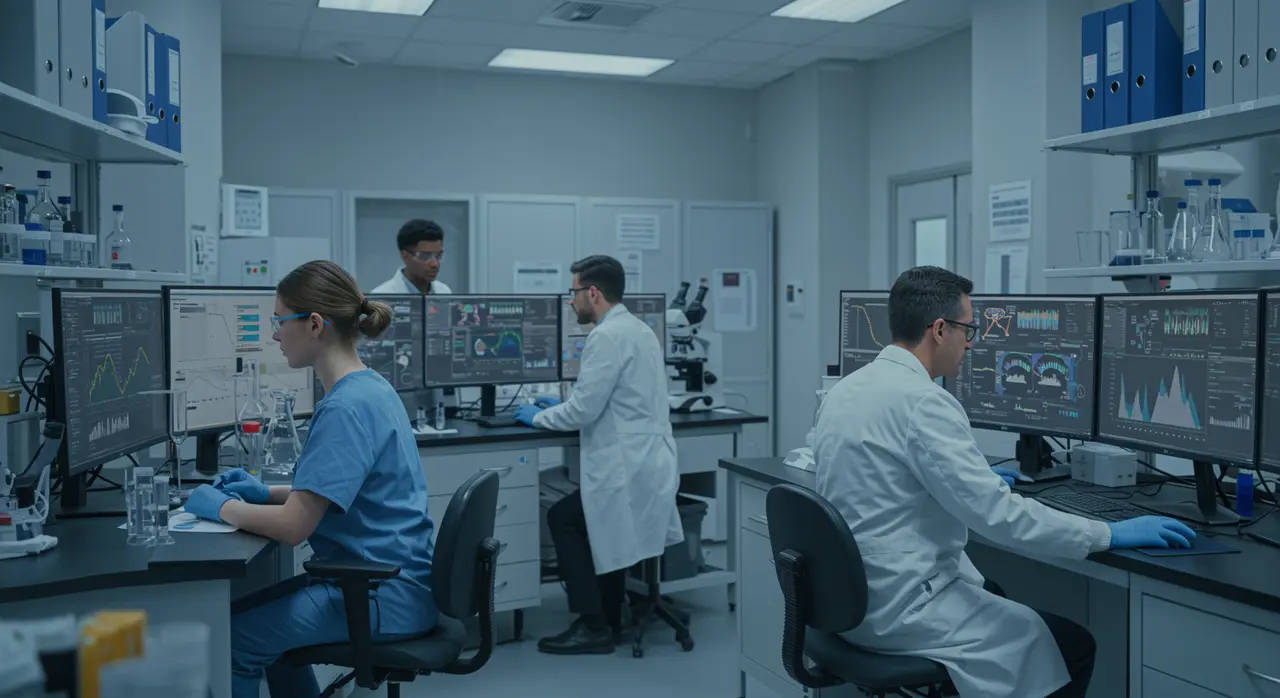Shingles Vaccine Linked to 20% Lower Dementia Risk, Welsh Study Reveals
49 views
A new study has surfaced with a glimmer of hope in the unrelenting battle against dementia, a condition that afflicts over 55 million people worldwide and carries an economic burden exceeding $600 billion annually. Researchers in Wales have discovered that older adults who received the shingles vaccine were 20% less likely to develop dementia within seven years, sparking renewed interest in the role of viral infections and inflammation in neurodegenerative diseases. This revelation not only challenges entrenched theories centered on amyloid plaques and tau proteins but also opens doors to novel approaches in dementia prevention and treatment.
Shifting Perspectives: Viral Infections and the Fight Against Dementia
The study, which analyzed the health records of more than 280,000 individuals in Wales, employed a unique method to uncover its findings. Welsh health policy inadvertently created a "natural experiment" by offering the shingles vaccine to individuals aged 79 while excluding those just slightly older. This distinction allowed researchers to compare dementia rates between the vaccinated and unvaccinated groups, revealing a striking protective effect associated with the vaccine. Importantly, the study ruled out confounding factors such as education levels, socioeconomic status, and pre-existing health conditions, underscoring the vaccine’s potential role in reducing dementia risk.

The mechanism behind this effect appears to lie in the herpes zoster virus, the culprit behind shingles. When reactivated, the virus can trigger neural inflammation—a process increasingly linked to cognitive decline and dementia. By preventing shingles outbreaks, the vaccine may also shield the brain from the damaging cascade of inflammation, offering a plausible explanation for the observed reduction in dementia risk. This insight aligns with emerging theories that prioritize inflammation and viral infections as pivotal contributors to neurodegenerative diseases, challenging the long-held focus on amyloid plaques and tau protein tangles as the primary drivers of dementia.
The implications of these findings are profound, suggesting that dementia may not be an inevitable consequence of aging but rather a condition influenced by preventable factors. If further research corroborates these results, the shingles vaccine could become a cornerstone in public health strategies aimed at reducing dementia incidence, alongside antiviral treatments such as valacyclovir that are already under investigation.
The Road Ahead: Expanding Research and Reimagining Dementia Prevention
While the study’s findings are undeniably promising, they represent just the beginning of a broader scientific journey. Randomized controlled trials—the gold standard in medical research—are needed to confirm the vaccine’s protective effect and explore its potential applications in dementia prevention. Such trials could also investigate whether other antiviral interventions might yield similar benefits, offering a new arsenal in the fight against neurodegenerative diseases.
Moreover, the study’s results invite a reevaluation of traditional approaches to dementia research and treatment. For decades, the scientific community has largely focused on amyloid plaques and tau proteins, investing billions in therapies aimed at targeting these hallmarks of Alzheimer’s disease. Yet, many of these treatments have failed to deliver significant clinical benefits, prompting calls for alternative perspectives. The Welsh study adds weight to the argument that viral infections and inflammation deserve greater attention, not only as potential contributors to dementia but also as targets for innovative therapies.
This shift in focus could have far-reaching implications for global health policy. Vaccination programs, often viewed as tools for combating infectious diseases, might also play a role in preventing chronic conditions like dementia. Public health officials could leverage these findings to advocate for expanded vaccine coverage, particularly among older adults, as part of a comprehensive strategy to address the growing dementia epidemic.
At the same time, the study underscores the importance of interdisciplinary collaboration in tackling complex health challenges. Neurologists, virologists, immunologists, and public health experts must work together to unravel the intricate interplay between viral infections, immune responses, and brain health. Such collaboration could pave the way for breakthroughs that not only improve our understanding of dementia but also enhance our ability to prevent and treat it.
As the scientific community grapples with these possibilities, one thing is clear: the fight against dementia is entering a new phase, one marked by hope and innovation. The Welsh study serves as a reminder that even in the face of daunting challenges, progress is possible. By embracing new ideas and exploring uncharted territories, researchers and policymakers alike can help transform the landscape of dementia care, offering renewed hope to millions of individuals and families affected by this devastating condition.
In the end, the shingles vaccine’s potential role in reducing dementia risk is more than just a scientific discovery; it is a testament to the power of curiosity and the pursuit of knowledge. As researchers delve deeper into the connections between viral infections and neurodegeneration, they may uncover not only new ways to combat dementia but also broader insights into the intricate workings of the human brain. And in doing so, they may help rewrite the narrative of aging, transforming what was once seen as an inevitable decline into a story of resilience and possibility.